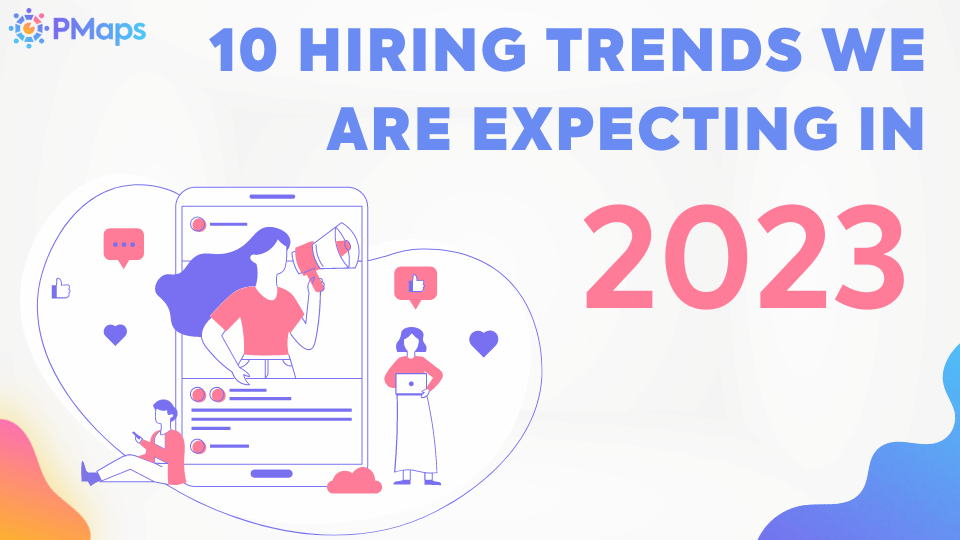
Spread the love
Introduction:
Have you ever found yourself making quick judgments about someone based on their behavior in a particular situation? Have you ever assumed your colleague was lazy just because they missed a project deadline? Or that a friend was uninterested in your conversation because they seemed distracted during a conversation?
We've all been there! Our minds tend to overthink, leading to assumptions and judgments about others. In psychology, we call it the Fundamental Attribution Error (FAE). It's a cognitive bias that causes us to fix people's actions on their personality traits rather than considering possible external factors.
Let's dive into the intriguing world of the FAE and explore how it contributes to driving biased judgments. We'll explore relatable examples and practical insights to counter bias, fostering fairer, wiser judgments in both personal and professional realms.
The Impact of FAE on Hiring Decisions:
FAE isn't just a mind game; it can shake up our hiring decisions too! When assessing candidates, we might amplify specific past events while overlooking external influences that impacted their performance. This bias could hinder us from recognizing a potential superstar in the making.
Now, picture this: A candidate's track record took a temporary hit due to some unforeseen company changes. FAE might lead you to attribute it solely to their competence, neglecting the broader impact of the team-wide organizational shakeup.
Overcoming the FAE in Hiring:
To create a fair and unbiased hiring process, it is crucial to recognize and mitigate the impact of the FAE. Here are some better approaches to overcoming biases:
- Structured Interviews and Assessments: Implement standardized assessments and interviews that focus on job-related competencies rather than personality traits.
- Conduct a Blind Resume Review: Opt for masked resumes to strip personal information, ensuring initial evaluations focus solely on competence.
- Diverse Interview Panels: Encourage diverse perspectives in the interview panel to minimize homophily and mitigate biases.
Several studies have highlighted the prevalence of the FAE in hiring decisions. In a Jones & Harris (1967) study, participants linked pro-Castro views to essayists, even knowing no topic choice. People in Nisbett & Ross (1980) study overlooked situational factors in explaining others' behaviors.
The Perplexing Phenomenon of the FAE:
Social psychologists Lee Ross and Richard Nisbett introduced the Fundamental Attribution Error in the 1970s. They noted people's tendency to prioritize internal factors over external ones when explaining others' behavior.
Imagine this: At the supermarket, the cashier appears unfriendly and disinterested as they scan your items. The natural inclination might be to attribute this behavior to the cashier's personality, perceiving them as disinterested or rude. However, you might not be aware that the cashier just received some distressing news and is genuinely upset.
Here, the FAE operates, emphasizing the cashier's inner state and overlooking external factors affecting their demeanor.
Situational vs. Dispositional Attribution:
The concepts of situational and dispositional attribution are closely linked to the FAE. Situational attribution pertains to assigning someone's behavior to external elements, like the circumstances or surroundings they find themselves in. On the other hand, dispositional attribution ascribes behavioral expression to internal factors, such as the person's personality or character.
In the store, situational attribution suggests external factors like receiving distressing news influence the cashier's behavior. Yet, the FAE pushes dispositional attribution, linking the cashier's conduct to their personality over the situational context.
Cultural and Individual Variations:
Interestingly, the tendency to commit FAE can vary across cultures and individuals. Cultural norms and values often greatly influence how people perceive and interpret behavior. In individualistic cultures, where there is a strong emphasis on personal attributes, the FAE might be more prominent. In contrast, collectivistic culture underscores the influence of social context and hence may exhibit the FAE to a lesser degree.
Moreover, traits like empathy and perspective-taking impact how prone someone is to the FAE. Those who excel at understanding others' perspectives may be less prone to making hasty dispositional attributions than those who are not.
Overcoming the FAE:
Recognizing and challenging the FAE is crucial for cultivating empathy and making better judgments about others. Here are some ways you can mitigate the impact of the FAE:
- Pause and Consider: When hastily judging behavior, reflect on possible external factors influencing actions. Consider the situation they are in and the possible emotions they could be experiencing.
- Seek Additional Information: Don't rely solely on your initial impressions. Take the time to gather more information about the person and the context in which the behavior occurred. Talking to the individual and understanding their perspective can provide valuable insights.
- Practice Empathy: Try to see things from the second-person perspective. How would you feel or act in a similar situation? Cultivating empathy allows you to appreciate the complexities of human behavior and acknowledge the influence of external circumstances.
- Challenge Stereotypes: Be aware of any stereotypes that might be influencing your judgments. Stereotypes can cloud our perception and lead to biased attributions. Challenge these preconceived notions and approach each individual with an open mind.
Conclusion:
The Fundamental Attribution Error is a fascinating yet perplexing aspect of human cognition. By grasping and countering this bias, we foster empathy and an open-minded stance toward comprehending others. Let's embrace situational attributions, appreciate behavioral nuances, and nurture empathy, inclusivity, and understanding.
Stay tuned for our upcoming blog on Imposter Syndrome and strategies to conquer self-doubt in personal and professional realms.
Remember, every step towards awareness and growth brings us closer to building a world free from biases and full of empathy









